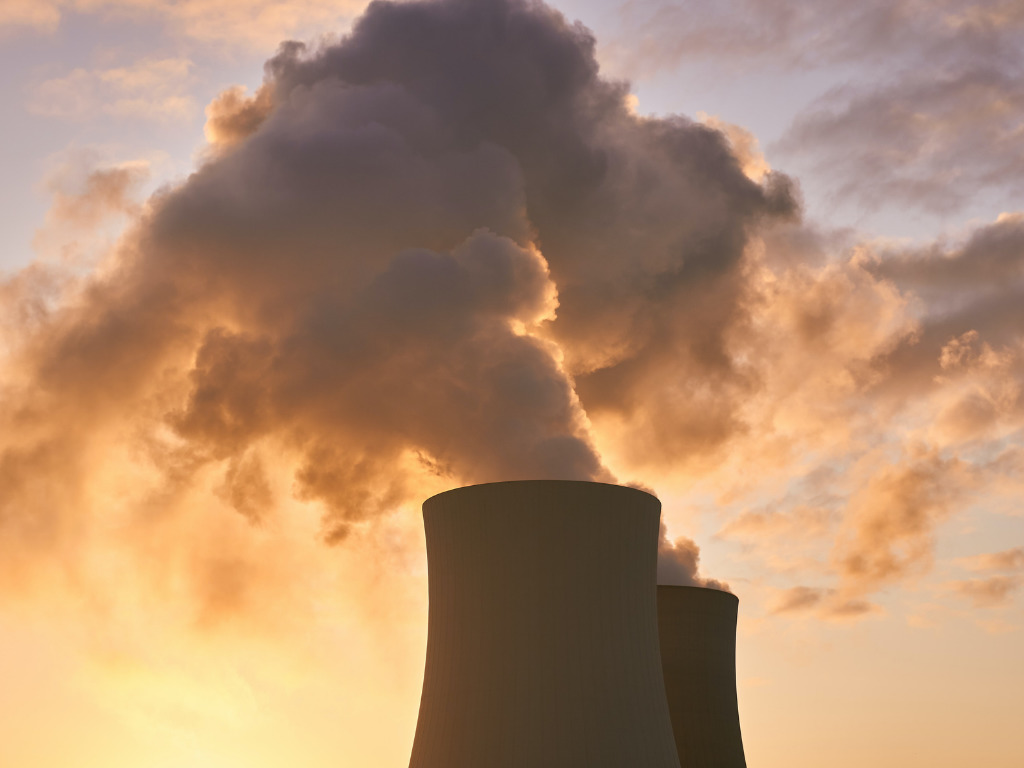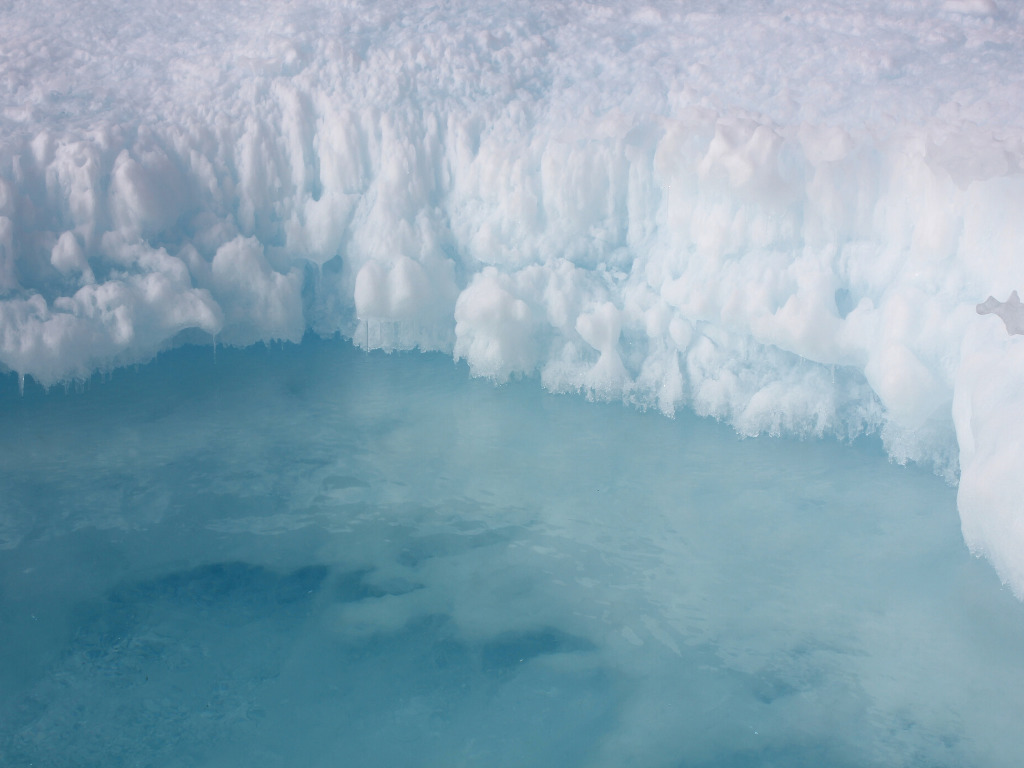New IPCC Report Says It’s ‘Almost Inevitable’ We’ll Surpass 1.5°C Threshold
4 Mins Read
In its third report in eight months, the U.N.’s Intergovernmental Panel on Climate Change (IPCC) says humanity is at a crossroads in the battle to curb climate change, calling it “now or never” territory to keep global temperatures from rising more than 1.5°C over pre-industrial levels.
Nearly missing its publish deadline due to issues over wording in the report, the IPCC’s new report, released earlier today says global temperatures will likely rise by more than 1.5°C, even if just temporarily.
The report comes as California enters its third straight year of serious drought conditions expected to worsen in the coming spring and summer months, with increased fire risks. It also follows the recent collapse of an Antarctic ice shelf the size of New York City.
Emissions targets
The report calls for urgent action to reduce greenhouse gas emissions, peaking before 2025, reducing emissions by 50 percent before the end of the decade.
“It’s now or never, if we want to limit global warming to 1.5°C,” IPCC Working Group III co-chair Jim Skea said in a statement accompanying the report. “Without immediate and deep emissions reductions across all sectors, it will be impossible.”
“Climate change is the result of more than a century of unsustainable energy and land use, lifestyles and patterns of consumption and production,” Skea said. “This report shows how taking action now can move us towards a fairer, more sustainable world.”

According to IPCC Chair Hoesung Lee, the report shows humanity is “at a crossroads,” even though tools are available to avert disaster.
“I am encouraged by climate action being taken in many countries,” Lee said. “There are policies, regulations and market instruments that are proving effective. If these are scaled up and applied more widely and equitably, they can support deep emissions reductions and stimulate innovation.”
The report calls for a substantial reduction in fossil fuel use to curb global heating, which is now at 1.1 degrees Celsius above pre-industrial levels.
It also called for a 33 percent drop in methane—a gas that’s more damaging than carbon dioxide. It’s a byproduct of animal agriculture, which also contributes to CO2 emissions in transport and processing. Methane though comes from livestock, particularly sheep and cattle. More than 55 billion farm animals are raised for food every year.
Animal agriculture is responsible for more than 14 percent of greenhouse gas emissions. But some estimates put it at much higher due in large part to the resources, processing, and transport involved.
‘Defining moment’
The U.S. Special Presidential Envoy for Climate John Kerry said the report “represents a defining moment for our planet.”
“The stakes are clear,” Kerry said. “Complacency will be met by irreversible and unthinkable impacts from climate change.”

There is perhaps some good news; the report cites that the highest levels of emissions occurred between 2010 and 2019, with drops in the years since. That’s due to increased climate data and action, but it also overlaps with the pandemic, that saw significant drops in air and automobile travel, two leading causes of emissions.
The report says that despite the recent downturn, more action is urgently needed to keep global temperatures down. It says without immediate and deep emissions cuts, meeting the 1.5°C target will not happen. Reductions must happen across industries, says the report, from energy and fossil fuel use to farming. It also encourages more widespread use of alternative fuels and improved energy efficiency.
The target of keeping global temperatures from surpassing 1.5 degrees Celsius over pre-industrial levels was set in 2015 during the Paris Climate Accord. Planetary heating past this number is what scientists call a tipping point where dramatic shifts to the planet may become irreversible.
The report follows the first installment of the IPCC’s Sixth Assessment Report released last August, and the second installment in February. The first looked at the physical science of climate change and the second looked at the changing climate’s impact. It concluded that nearly half of the global population are at risk of severe weather-related and other disasters directly connected to climate change.
Lead image courtesy NOAA via Unsplash.



